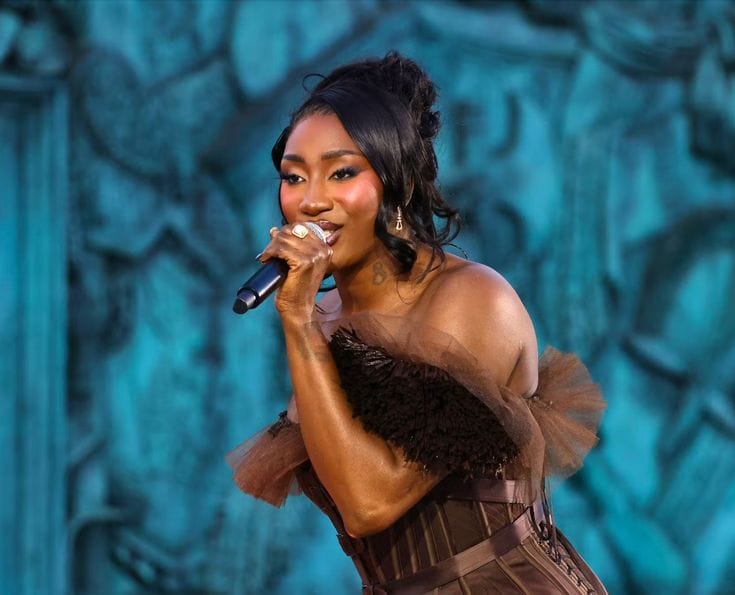Aya Nakamura, born Angela Dominique Jacqueline Dadju in Bamako, Mali, is a French singer and songwriter who has taken the music world by storm. Her unique blend of R&B, pop, and urban music has resonated with audiences worldwide, making her one of the most popular French-speaking artists of all time.
Nakamura's journey to stardom began in the Parisian suburbs, where she honed her musical talents. Her breakthrough came with the release of her hit single "Djadja" in 2018, which became a global sensation. The song's infectious rhythm and catchy lyrics propelled her to international fame, earning her comparisons to Rihanna and Beyoncé.
Beyond her musical talent, Nakamura is a powerful figure in contemporary culture. She has become a role model for young women, representing diversity and empowerment. Her music often explores themes of love, heartbreak, and female empowerment, resonating with audiences on a deep level.
While Nakamura's music has been widely celebrated, she has also faced criticism and controversy. Her use of French slang and urban vernacular has sparked debates about language and culture. Despite the challenges, she has remained steadfast in her artistic vision, refusing to conform to societal expectations.
Nakamura's potential appearance at the Paris Olympics would have been a significant moment for French music and culture. Her inclusion would have showcased the diversity and dynamism of contemporary France. While the decision to exclude her from the opening ceremony sparked controversy, it also highlighted the ongoing struggle for representation and recognition of artists from marginalized communities.
Aya Nakamura's impact on music extends far beyond chart-topping hits. She is a cultural icon who has redefined the boundaries of French pop music. Her journey is a testament to the power of talent, perseverance, and authenticity.
Would you like to delve deeper into a specific aspect of Aya Nakamura's career or music?
